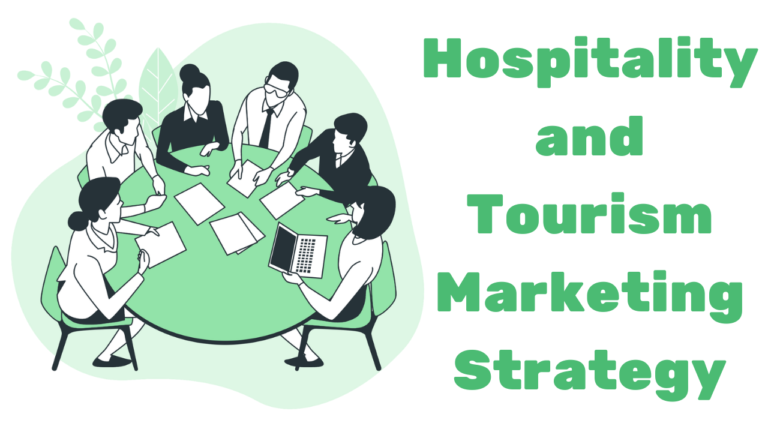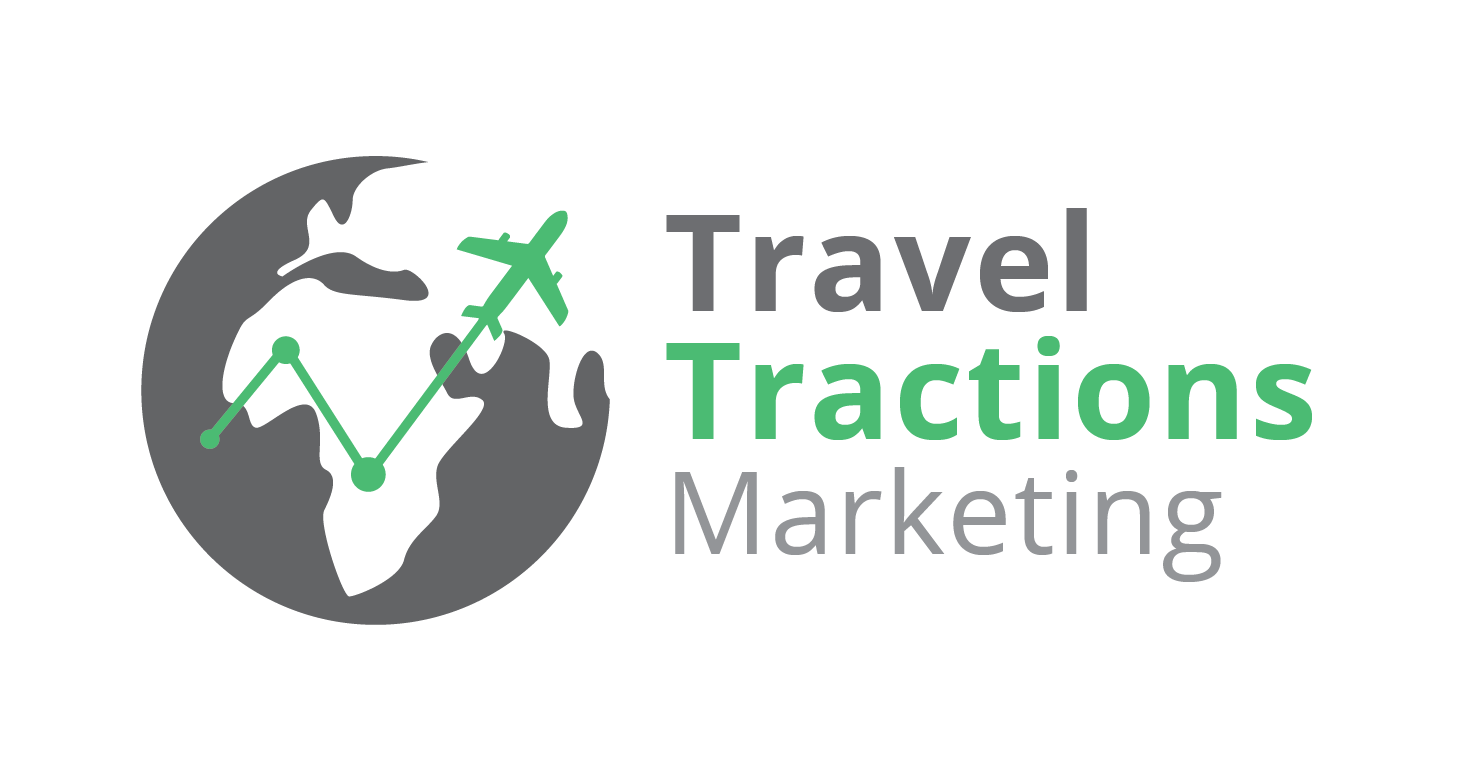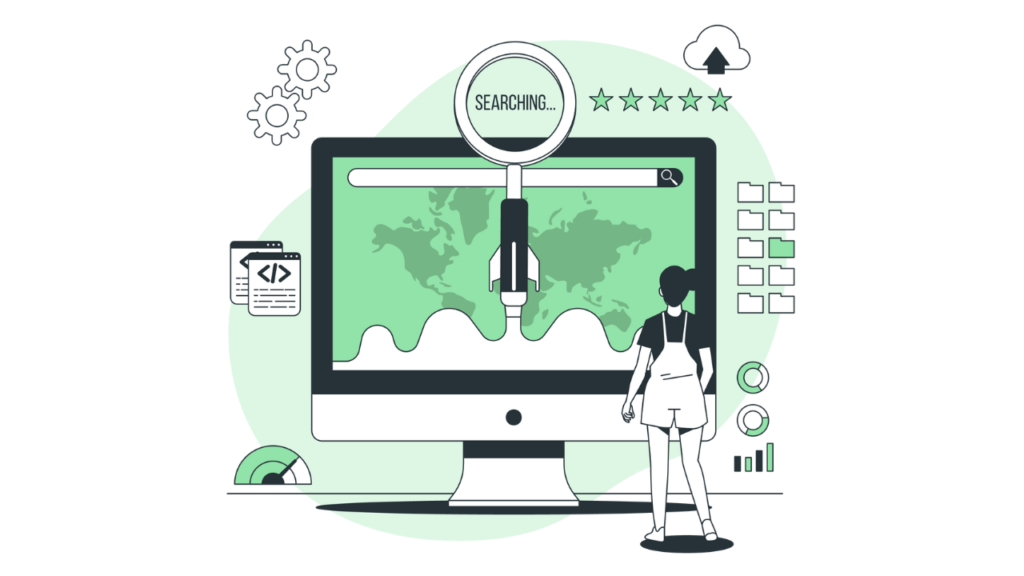

Hospitality and Tourism Marketing Strategy: Marketing Hotels 101
Everyone in the hospitality industry understands that you can’t succeed without good marketing.
However, many also know that developing a marketing strategy for the hospitality industry isn’t easy.
What should you include in your marketing efforts? How much of a budget do you need? These are all questions that plague the mind of any marketer. But worry no longer; this guide is here to help you get started on getting your business out there.
In this article, we’ll explain the use of marketing strategies in hospitality and tourism. You’ll find a bit of everything here, from using SEO to increase direct bookings and PPC for increased visibility to customer loyalty programs.
Note: This article will focus on constructing hotel marketing strategies, but many of these tips are applicable to any of the sectors of the hospitality and tourism industry.
Top Tips for Marketing in Hospitality Industry
Here are the main things to keep in mind when creating and carrying out a marketing strategy for the hospitality industry.
Understand Your Target Audience
Any successful marketing campaign starts with understanding your target audience. This is especially true for marketing hospitality and tourism businesses, as there are a wide variety of potential customers with different needs and expectations.
The first step is to segment your market into different groups based on factors such as age, gender, location, and interests. Once you’ve done this, you can start to develop targeted marketing campaigns that speak directly to each group.
For example, if you’re targeting young professional travellers, you might focus on the unique amenities and experiences your hotel offers. On the other hand, if you’re targeting families, you might focus on your hotel’s convenient location and kid-friendly facilities. By carefully tailoring your marketing to your target audience, you can maximise your chances of success in the hospitality industry.
Register the Hotel on Google
The first step in marketing in hospitality and tourism is to make sure your company shows up on Google. After all, that’s where most people go when they’re looking for accommodations. Fortunately, it’s easy and free to register your hotel on Google My Business (GMB).
You’ll just need to add a little bit of information about your hotel, such as its name and address. You’ll also be asked to verify your listing by phone or postcard. Ensure that your address, name, and contact details are accurate on all platforms, as distrust can arise from inconsistencies in these details.
Once your listing is created, you can add photos, descriptions, and other helpful information. Be sure to include keyword-rich content so that your hotel comes up in relevant searches. Afterwards, you can use the listing to respond to reviews and answer any questions guests may have.
By taking these steps, you can ensure that your hotel appears on Google and gets in front of potential guests. This is all without even creating a website.
Create a Fantastic Website
While a GMB listing doesn’t require a website, you can’t do marketing for tourism and hospitality without a website. Without one, your revenue is solely reliant on Google, and that’s not a good idea, as other listings can usurp yours.
A beautiful and functional website is the best way to make a good first impression. And in today’s day and age, potential customers turn to the internet whenever they need something. That’s why it’s essential to have a website that accurately reflects your brand and what you have to offer.
A well-designed website can help you attract new customers and stand out from the competition — something you need to do as GMB listings look relatively the same. It can also be used to keep existing customers informed about your latest news and special offers.
Furthermore, you’ll need to ensure that the website is optimised for mobile as a huge chunk of people browsing the internet do so from their smartphones.
Have a Blog
While your website is important for sourcing bookings and acquiring customers, you shouldn’t limit it to just that. You should have a dedicated blog section while marketing for hospitality and tourism.
There aren’t many ways better than blogging to share your knowledge and experience with the world. Most people think of individuals when they hear the word “blog”. However, an active blog is crucial for any hospitality business.
For starters, a blog is a fantastic way to promote your hotel, albeit subtly. If you own a hotel, for example, you can use your blog to share insider tips on the best activities in your area. You can then mention your hotel in a “by the way” manner without being too direct on the promotion.
Furthermore, a blog gives you a way to show off your personality. When you write a blog post, you have an opportunity to let your voice shine through. In addition, because blogs are usually fairly informal, readers will get to feel a bit of a connection with the hotel. This can help build trust and rapport with potential guests.
In addition, by creating informative and engaging content, you can give potential customers a preview of what awaits them. Plus, you can make extra money from blogging, which can help in running the hotel.
Invest in SEO
Getting listed on GMB, creating a fantastic website, and producing engaging content is key to creating effective marketing strategies for hotels. However, these can all be for nought if you aren’t visible online.
That’s where search engine optimization (SEO) comes in. By optimising your website and online listings for relevant keywords, you can help ensure that potential guests will find your property when they’re searching for a place to stay.
And once they’ve found you, it’s important to keep them engaged with fresh content, special offers, and photos that show off your property in its best light. By investing in hotel SEO, you can help make sure that your hospitality business is successful both online and offline.
Optimising your site for Google is a time-consuming process, but it eventually pays off. SEO is based on three core pillars, which are on-page SEO, off-page SEO, and technical SEO.
Tip: We have a full guide on how to do SEO for travel websites that expands on the below.
On-Page SEO
On-page SEO refers to the process of optimising a website for search engines, with the goal being getting more traffic from ranking higher in SERPs. The term “on-page” refers to all the factors that you can control on your own website, as opposed to off-page SEO factors, which are external to your website.
Because on-page SEO is under your control, it’s an important part of any effective SEO and marketing strategy. To optimise your website for on-page SEO, start by ensuring that all your content is high-quality and keyword-rich.
Then, focus on optimising your website’s title tags, meta descriptions, header tags, and images. By taking these steps, you’ll be well on your way to earning higher traffic levels and improving your site’s visibility in Google searches.
Off-Page SEO
Off-page SEO refers to all of the activities that you can do outside of your website to help improve your search engine rankings. This can include things like link building, influencer marketing, PR, and the like.
While on-page SEO focuses on optimising your website itself, off-page SEO helps to promote your site and build authority with search engines. One of the most important aspects of off-page SEO is link building. This refers to the process of acquiring links from high-quality websites.
Search engines use links as a signal of trust, so acquiring links from reputable sites can help to improve your rankings.
Technical SEO
Technical SEO is the practice of optimising a website for Google’s search algorithm. It’s a part of SEO that focuses on the infrastructure of your site rather than the content.
Technical SEO includes optimising your site’s code, structure, and tags to make your site more visible to search engines. It also involves making your site faster and easier to navigate. Technical SEO is important because it helps Google understand what your site is about and how to index your content.
Do Some PPC
In a highly competitive industry like hospitality, SEO alone usually isn’t enough. That’s why you have to include pay-per-click (PPC) advertising in your marketing strategy.
PPC is a type of advertising that allows businesses to only pay when someone actually clicks on their ad. That means that businesses only have to pay when they are getting results. Successful hotel PPC management is largely dependent on outbidding your competitors.
It’s a particularly important part of a hotel advertising strategy for brand-new websites. It’s common that despite their best efforts, newer sites can’t get to the top of search engine results pages (SERPs) ahead of more established brands. If you outbid and outperform your competitors, your hotel will be the first thing searchers see.
Take Advantage of Social Media
Hospitality businesses rely on word-of-mouth to attract new customers and build brand loyalty. In the past, this meant relying on customers to tell their friends and family about their positive experiences.
However, social media has changed the game by giving customers a megaphone to share their experiences with a much wider audience. What is the size of the audience? At least four billion, with this figure expected to reach nearly 6 billion by 2027. As such, you must be visible and leverage these platforms as best as you can.
A single positive review on a platform like Facebook can reach hundreds or even thousands of potential customers, and it only takes a few seconds to write. Conversely, a negative review can do serious damage to a hospitality business, so it’s important to monitor social media channels and address any negative feedback quickly.
So, you can use social media marketing for hotels to connect and build relationships with customers. Additionally, social media can be used to tell your story and promote special events and deals that can drive traffic and revenue.
Use Email Marketing
In addition to traffic from internet searches and social media reach, email marketing is an aspect you can’t overlook when marketing in tourism. But why is it important?
First of all, it helps to build relationships with guests. By sending regular emails, businesses can stay in touch with guests and offer them special deals and promotions. Email marketing can also be used to generate repeat business. By sending emails with special offers and discounts, businesses can encourage guests to come back and book again.
Furthermore, email marketing is a great way to collect feedback from guests. By asking for feedback in an email, businesses can get valuable insight into what guests liked and didn’t like about their stay.
Finally, email marketing is a cost-effective way to reach a large audience. With email, businesses can reach a wide audience without having to spend a lot of money on advertising.
Get Listed on OTAs
Obviously, direct bookings are king — no one can dispute that. However, your hotel’s success will be limited if you rely solely on yourself to acquire customers. This is why getting listed on online travel agencies is critical.
If you didn’t know, OTAs are companies that list a variety of hotels or service providers in one place. The most popular ones include Booking.com, Expedia, Trivago, and the like. Just keep in mind that some are more well-known than others in specific regions.
Consider that around two out of three travellers use OTAs to research at least one part of their travels, including accommodation; can you see what you’re potentially losing out on?
Include Video in Your Marketing Strategy
Video content has won the hearts of billions across the world, so it makes sense for you to include it in your own marketing strategy. Best of all, you can use your videos on various marketing channels.
Video allows you to give potential customers a taste of what your business has to offer, and it can be a powerful tool for driving bookings. There are a few things to keep in mind when using video for marketing in the hospitality industry.
First, make sure your video is high quality and provides a realistic portrayal of your business. Secondly, keep it short and sweet — no one wants to watch a long, advertorial-style video. Finally, make sure your video is optimised for mobile viewing, as more and more people are watching videos on their smartphones.
Build a Customer Loyalty Program
The hospitality industry is all about creating lasting relationships with customers. After all, it’s much easier to sell to an existing customer than to find a new one.
That’s why customer loyalty programs are so important in the hospitality industry. These help to create a sense of community and encourage customers to keep coming back. By offering exclusive discounts and perks, loyalty programs make customers feel valued and appreciated.
And when customers feel valued, they’re much more likely to continue doing business with a company. Furthermore, they’re very likely to promote you to their friends, families, and acquaintances through word-of-mouth.
Final Thoughts on Tourism and Hospitality Marketing
As you can see, the hospitality industry has a ton that goes into marketing. From using social media and video to connect with customers to getting listed on OTAs and having a website for increased reach, there’s plenty you can do to grow your business.
By employing some or all of these marketing strategies, you’ll be sure to stay ahead of the curve and have a thriving business in the hospitality industry. So what are you waiting for? Start working on your killer marketing strategy today!
And if you need assistance, contact us today for a consult session on strategy and more.
















